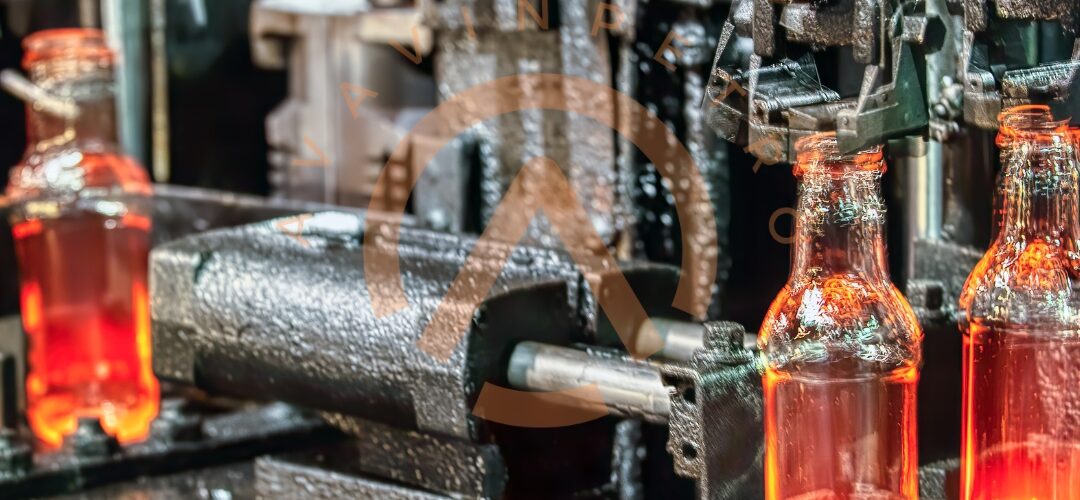Plastic Packaging: A Comparative Environmental Analysis
Introduction: Packaging plays a crucial role in protecting and preserving products, but it is also important to consider its environmental impact. The debate between plastic and paper packaging has gained significant attention in recent years. While both materials have their pros and cons, this essay will argue that plastic packaging, despite its negative reputation, can have a lesser environmental impact compared to paper packaging.
1. Resource Consumption: Plastic packaging requires fewer resources during production compared to paper packaging. The process of producing paper involves harvesting trees, which contributes to deforestation and habitat destruction. On the other hand, plastic packaging relies on fossil fuels, but advancements in technology have made it possible to produce more efficient and lightweight plastic materials. This results in reduced energy consumption and lower greenhouse gas emissions during production.
2. Energy and Water Usage: The manufacturing process of paper packaging consumes significant amounts of energy and water. It involves pulping, chemical treatments, and drying, which require substantial energy inputs. In contrast, plastic packaging production generally requires less energy and water due to efficient manufacturing techniques. Plastic packaging materials can be molded, extruded, or blown with minimal energy consumption and water usage.
3. Carbon Footprint: Plastic packaging has been criticized for its contribution to carbon emissions. However, when considering the entire life cycle, including production, transportation, and disposal, plastic packaging can actually have a lower carbon footprint than paper packaging. Plastic is lightweight, which reduces transportation-related emissions, especially over long distances. Additionally, plastic packaging can be recycled and repurposed, further reducing its carbon footprint.
4. Waste Management: Plastic packaging has been a focal point in discussions on waste management and marine pollution. However, it is important to note that plastic packaging can be recycled, and advancements in recycling technologies have made it increasingly viable. Paper packaging, on the other hand, is often contaminated with food residues and can be challenging to recycle efficiently. Moreover, paper packaging is biodegradable, but it contributes to landfill methane emissions when disposed of in anaerobic conditions.
5. Durability and Food Waste: Plastic packaging offers excellent durability and barrier properties, protecting products from moisture, light, and oxygen. This prolongs the shelf life of perishable goods, reducing food waste. Paper packaging, while biodegradable, is more susceptible to damage, leading to increased food spoilage and waste. The longer shelf life provided by plastic packaging can help mitigate the environmental impact associated with food production and distribution.
Conclusion: While plastic packaging has faced significant scrutiny due to environmental concerns, a comparative analysis reveals that it can have a lesser environmental impact than paper packaging. Plastic packaging requires fewer resources, consumes less energy and water during production, and has a lower carbon footprint throughout its life cycle. With proper waste management practices, including recycling and responsible disposal, plastic packaging can contribute to a more sustainable packaging industry. However, it is essential to continue research and development efforts to enhance the recyclability and biodegradability of plastic materials and improve waste management infrastructure to address environmental challenges effectively.

